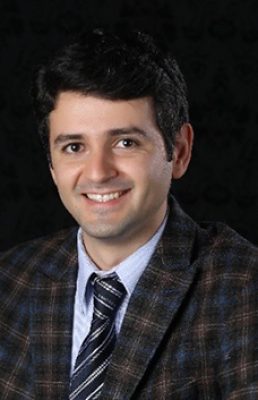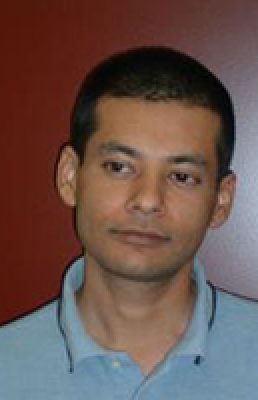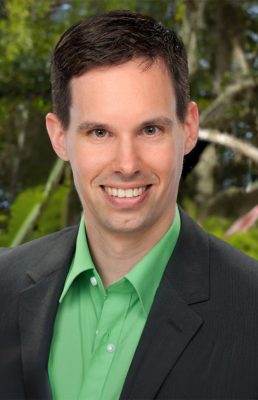


Cammy R. Abernathy received her S.B. degree in materials science and engineering from the Massachusetts Institute of Technology in 1980, and her M.S. and Ph.D. degrees in materials science and engineering from Stanford University in 1982 and 1985 respectively. She joined the University of Florida’s Department of Materials Science and Engineering as a professor in 1993.…




Specializes in mathematical modeling, state-of-the-art network optimization techniques, and solving large-scale scheduling problems arising in logistics and transportation.

Katerina E. Aifantis focuses on using solid mechanics for understanding materials behavior at the nanoscale. Through funding from the Basic Energy Sciences Office of the Department of Energy she tries to understand the effect that grain boundary structure and chemistry have on the strength of sub-micron scale materials. In addition to basic science questions, she uses her theoretical and experimental insight into the materials mechanical behavior to predict the most promising materials systems that can be used in various applications, ranging from next generation electrodes for Li-ion batteries, to bone regeneration scaffolds and biocompatible electrodes for deep brain stimulation.

Establishing and maintaining productive research program, teaching courses at the undergraduate and graduate levels in the Nuclear Engineering Program, mentor and graduate Ph.D. students, participate in activities related to the profession.

Research and teaching interests are inventory and supply chain systems, lean production systems, sustainability, and creativity.


Biomaterials; cell material interactions; stem cell differentiation; stem cell niche

Dr. Kyle Allen is an Associate Professor, Associate Chair for Undergraduate Studies and the J. Crayton Pruitt Family Term Fellow.





Electronic materials processing, inorganic thermodynamics and
phase
equilibria, chemical vapor deposition, crystal growth,
photovoltaics.


Community Ecology, Biodiversity and Ecosystem Functioning, Coastal Ecosystems, Ecosystem Resilience

Professor Angelini received his Ph.D. in 2005 from the University of Illinois. His research interests include collective cell motion, mechanical instabilities in tissue cell assemblies, bacterial biofilm physics, soft matter physics, biomolecular self-assembly, and tribology of soft matter interfaces.



Professor Arakere received his Ph.D. in 1988 from Arizona State University. His research interests include Damage mechanics of structural materials subjected to monotonic and fatigue loading, Fatigue life evaluation, Rolling contact fatigue, Spall propagation, Superalloys, Foams, Related constitutive and finite element model development, and Dynamics of rotor-bearing systems.

Design, fabrication, and characterization of magnetic and electromechanical microsensors/microactuators and miniaturized power and energy systems.



Teaching Interests: Computational fluid science (aka CFD), Large scale simulation of complex flows, transition and turbulence, multiphase flows, environmental flows


Implementing project based learning (PBL) into traditional engineering curriculum and courses. PBL prepares students for their professional careers by effectively allowing them to use the technical skills gained during the course to identify a problem, develop and solution, and implement their ideas. PBL is also imperative for training student in product development and manufacturing careers.

Polymers, surface science, biomaterials, biomedical
applications of
polymers, guided tissue regeneration.






Foundational AI,Internet of Things,Networks and communications,Humans and technology,Sensors,Coastal Hazards,Personalized learning,Building a culture of inclusion and innovation,Experiential learning

Geotechnical centrifuge modeling, in situ testing of soils, laboratory instrumentation, concrete technology.


Wesley E. Bolch is Associate Dean for Academic Affairs in the College of Engineering at the University of Florida. Dr. Bolch is a professor of biomedical engineering and medical physics in the J. Crayton Pruitt Family Department of Biomedical Engineering. He has served as chair of the College Tenure and Promotion Committee for the past several years and thus is very experienced in the T&P process.…







